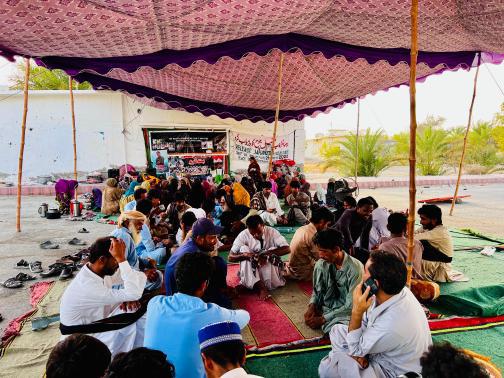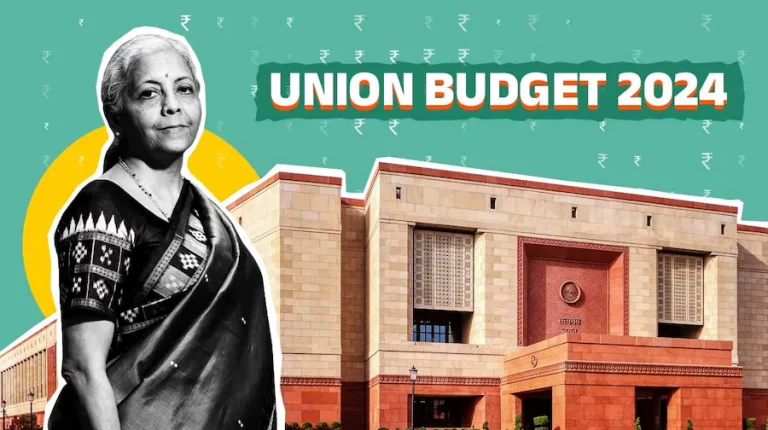The sit-in protest in front of the Deputy Commissioner’s office in Turbat has entered its 10th day, with ten families rallying against the illegal abduction of their loved ones. Despite their prolonged demonstration, there has been no substantial response from the authorities.
Demonstrators are protesting against the Pak Army for escalating genocidal policies against the Baloch people, citing ongoing abductions and unlawful detentions. The families at the heart of this protest have endured over two months of hardship, demanding the release of their relatives who have been missing for extended periods.
Among those protesting is the family of Fateh Mayar, who was abducted by Pak security forces from Thaleemi Chowk, Turbat, on June 14, 2023. It has now been 14 months since his disappearance, and his whereabouts remain unknown. Fateh, a matric student, was also teaching at a local center to support his education.
Turbat Sit-In
His father, Nako Mayar, a shepherd, has exhausted all avenues with the administration and courts in search of his son. Nako Mayar, who previously participated in protests against the fake encounter of Balaach and the Baloch Long March to Islamabad, returned empty-handed, disillusioned by the unchanging Army policies. Now, he continues to protest at the sit-in in Turbat, where harsh weather is taking a toll on his health. Mayar became unconscious during the demonstration, overwhelmed by grief and frustration.
Another family involved in the protest is that of Muslim Arif, a 14-year-old who was abducted by Pak forces from Gilli Buleda on June 13, 2023. Muslim’s family, also participants in the Baloch Long March to Islamabad, is now part of the sit-in. Arif Baloch, Muslim’s father, recently became unconscious due to deteriorating health conditions.
The protest includes families of other abductees such as Jhanzaib Fazal, Jan Muhammad (abducted by FC in 2013), Nisar Kareem, Dr. Rafiq, Sameer Namatullah, Meeran Hussain, Muhammad Hayat, and Wali Muhammad. These families, united in their grief and demand for justice, continue their protest, highlighting the severe and ongoing issue of enforced disappearances in the region.










